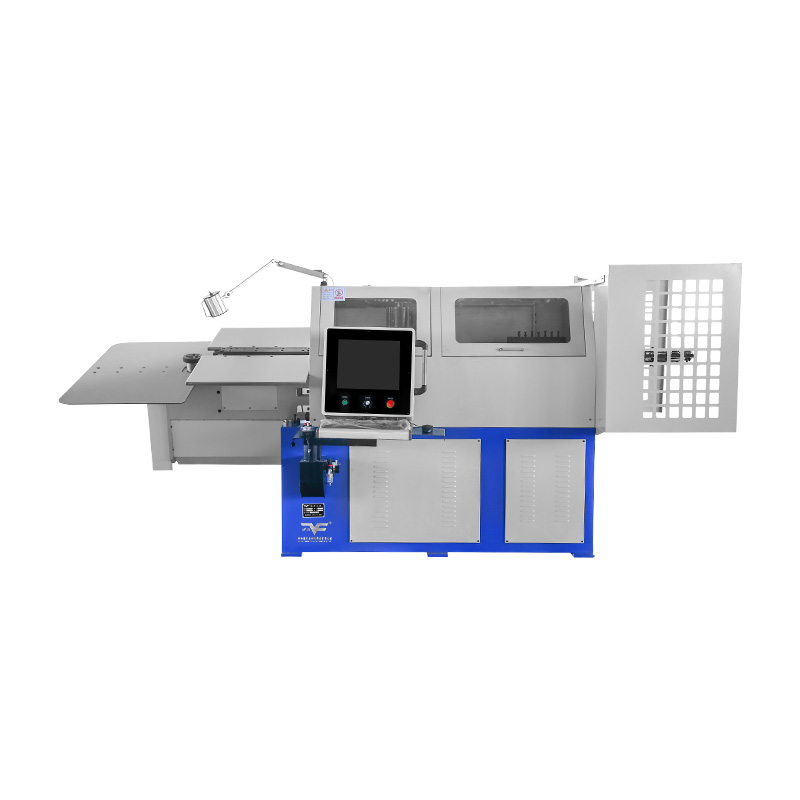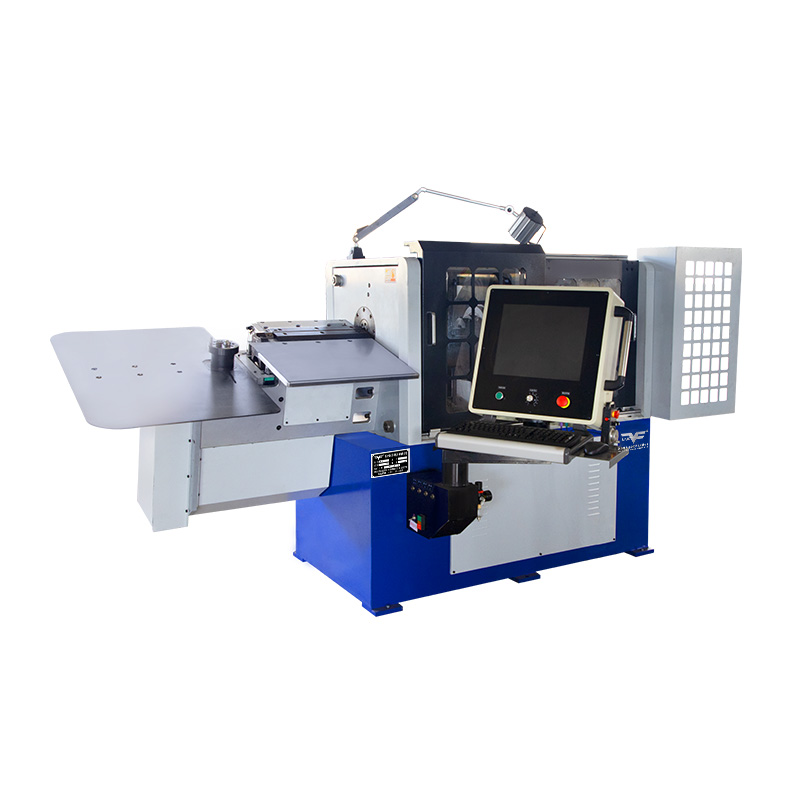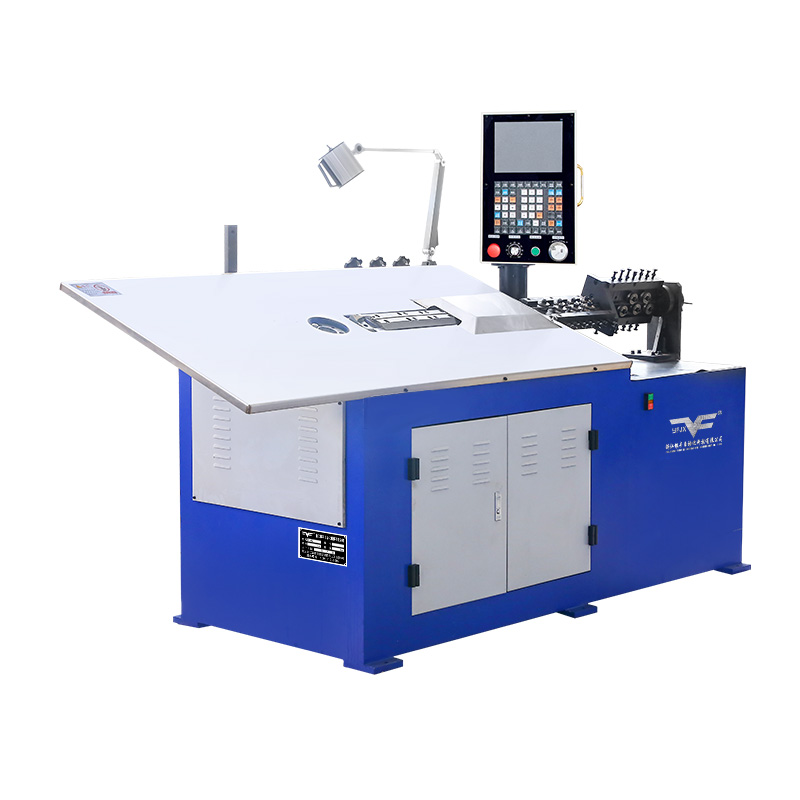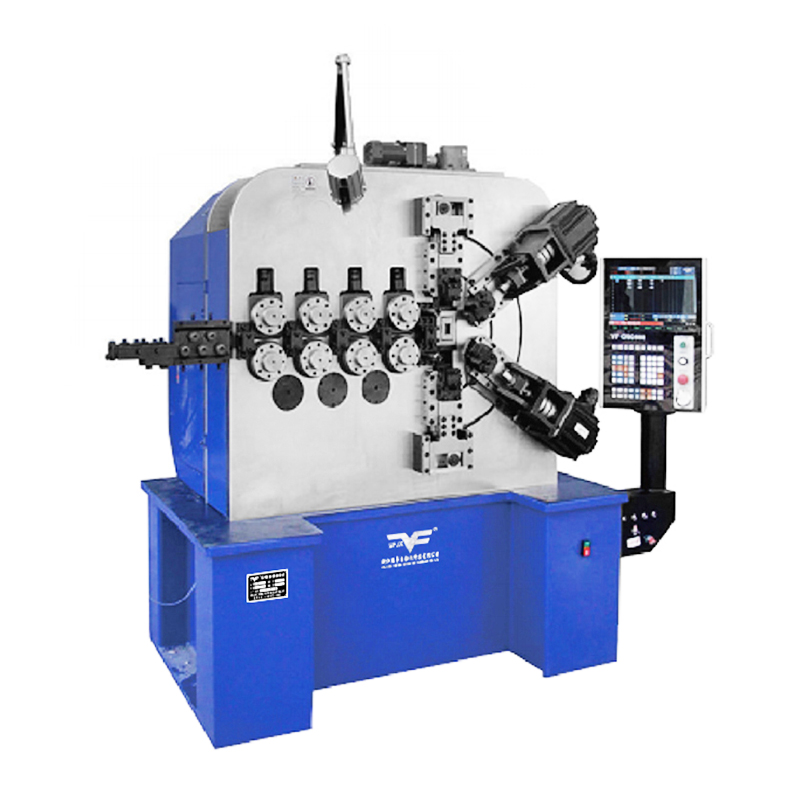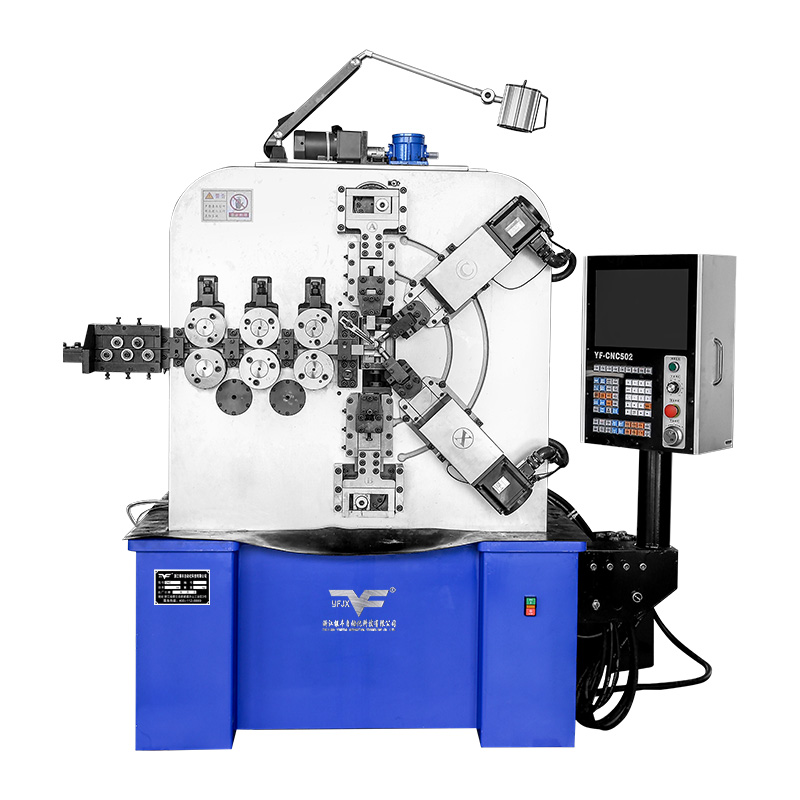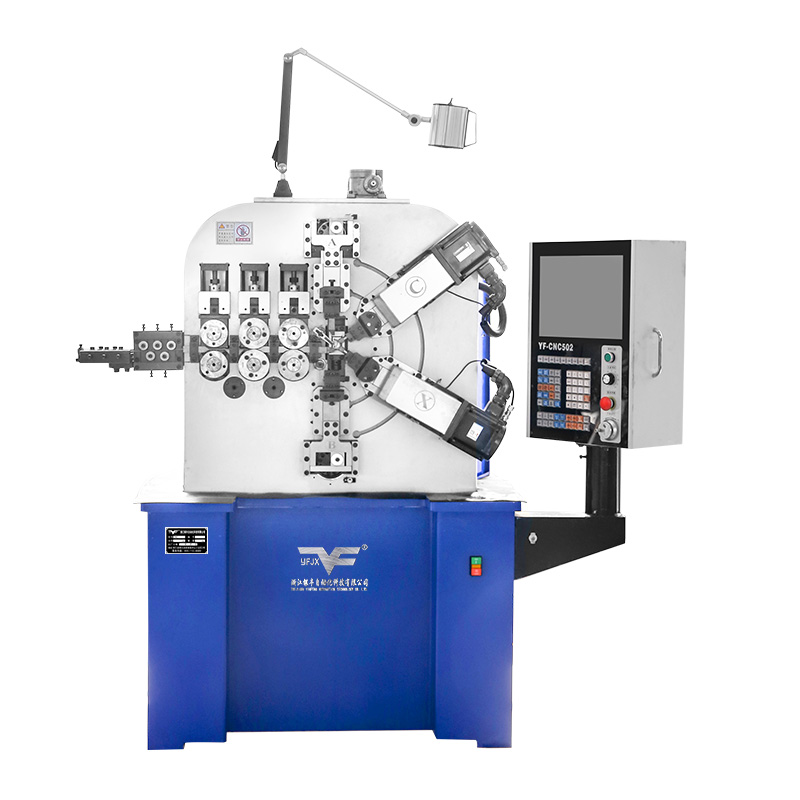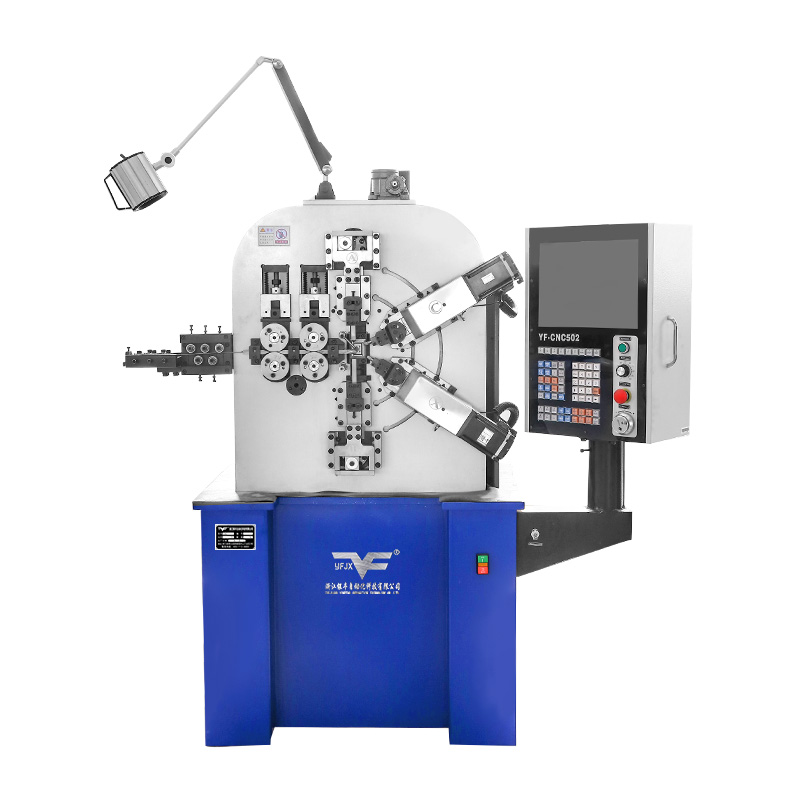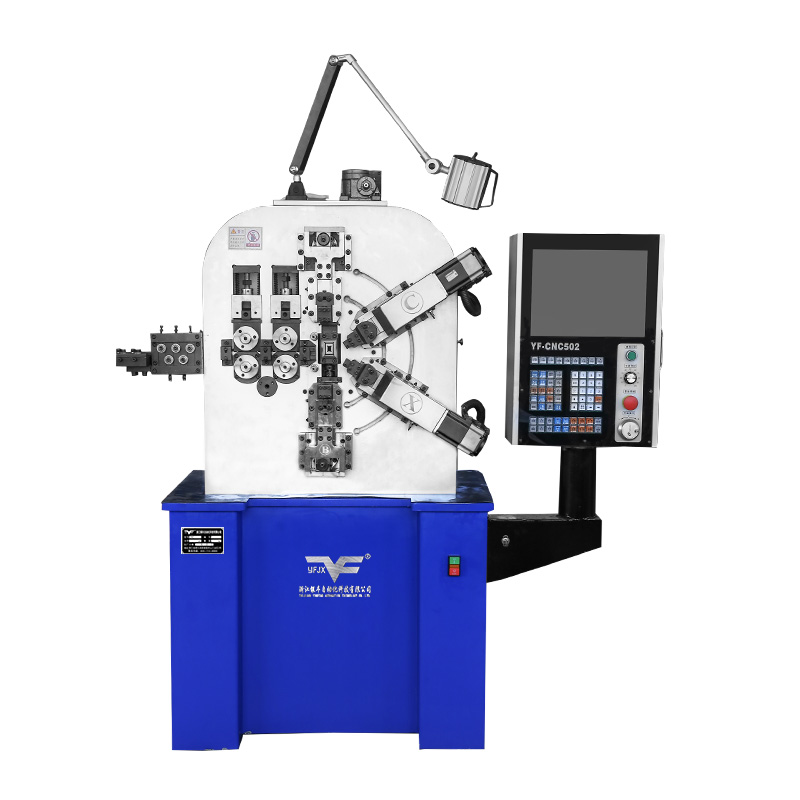What Are the Key Benefits of Using a CNC Coil Machine for Precision Spring Manufacturing?
Industry News-In the precision manufacturing industry, the use of advanced machinery is paramount to achieving high-quality products that meet stringent specifications. One such piece of equipment that has revolutionized the production of springs is the CNC coil machine.
Precision and Accuracy
The CNC coil machine, or CNC spring coiler, is designed to provide high quality precision and accuracy in the manufacturing process. With computer-numerical control, the machine can produce springs to exacting specifications, ensuring that each coil is wound to the precise diameter, pitch, and angle required. This level of precision is crucial for industries where the performance of a spring can have a significant impact on the overall functionality of a product.
Consistency and Repeatability
One of significant benefits of using a CNC coil machine in spring manufacturing is the consistency and repeatability it offers. The machine eliminates the human error factor, ensuring that every spring produced is identical to the next. This uniformity is essential for mass production, where maintaining a consistent product quality is non-negotiable.
Customization and Flexibility
The CNC spring coiler machine offers a high degree of customization and flexibility. Manufacturers can easily change the parameters of the machine to produce a wide range of spring types, from compression springs to torsion springs, and even complex shapes. This adaptability allows manufacturers to cater to diverse customer needs and market demands without the need for additional machinery.
Increased Efficiency and Productivity
The use of a CNC coil machine significantly increases the efficiency and productivity of the spring manufacturing process. The machine can operate at high speeds, producing springs at a much faster rate than manual coiling methods. This increased throughput allows manufacturers to meet tight deadlines and increase their overall output.
Reduced Material Waste
The precision of a CNC coil machine also contributes to reduced material waste. The machine can calculate the exact amount of wire needed for each spring, minimizing the amount of excess material. This not only saves on costs but also aligns with the industry's move towards more sustainable manufacturing practices.
Improved Quality Control
With a CNC spring coiler, quality control becomes more manageable and reliable. The machine's software can be programmed to detect and reject any springs that do not meet the specified parameters. This automated quality control process ensures that only high quality springs are produced, reducing the need for manual inspection and rework.
Enhanced Safety
The use of a CNC coil machine also enhances safety in the manufacturing environment. The machine operates independently, reducing the risk of injury to workers from moving parts or heavy machinery. This is particularly important in industries where safety is a top priority.
Cost-Effectiveness
Over time, the use of a CNC coil machine proves to be cost-effective. While the initial investment may be higher than traditional coiling methods, the long-savings in material, labor, and increased production efficiency make it a worthwhile investment. The machine's durability and low maintenance requirements also contribute to its cost-effectiveness.
Technological Advancements
The CNC coil machine is at the forefront of technological advancements in the spring manufacturing industry. As technology continues to evolve, so too does the CNC spring coiler, with new features and capabilities being added to improve performance and functionality. This ensures that manufacturers using a CNC coil machine are always at the cutting edge of spring production technology.
The CNC coil machine is a vital piece of equipment in the precision spring manufacturing industry. Its benefits, including precision and accuracy, consistency and repeatability, customization and flexibility, increased efficiency and productivity, reduced material waste, improved quality control, enhanced safety, cost-effectiveness, technological advancements, and opportunities for training and skill development, make it an indispensable tool for manufacturers looking to produce high-quality springs efficiently and effectively.

 English
English русский
русский Español
Español 简体中文
简体中文